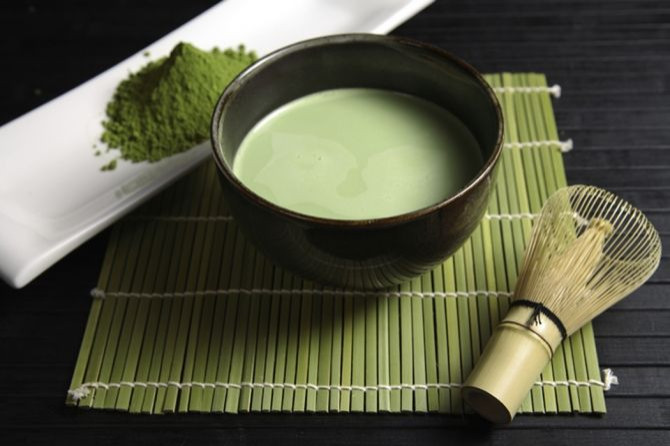Cancer Gene Activated By Tea, Coffee And Liquid Smoke Flavoring [STUDY]

The chai spice and Earl Grey black teas are in high demand from the mountains of Tibet to the corner street Starbucks, but these nirvana-inducing beverages could also be altering your DNA.
In a study led by researchers at Johns Hopkins, researcher found that products like liquid smoke, black and green teas and coffee are producing DNA damage equivalent to chemotherapy drugs.
"We don't know much about the foods we eat and how they affect cells in our bodies," said Scott Kern, the Kovler Professor of Oncology and Pathology at the Johns Hopkins University School of Medicine. "But it's clear that plants contain many compounds that are meant to deter humans and animals from eating them, like cellulose in stems and bitter-tasting tannins in leaves and beans we use to make teas and coffees, and their impact needs to be assessed."
In the study published in Food and Chemical Toxicology, researchers extracted and diluted chemicals from the products and used them on a test that detects DNA damage.
The gene associated with cancer called p53 is activated at high levels the more DNA damage occurs. So when the test was conducted, the researchers found that it increased activity of p53 30-fold, which is the same level of damage caused by etoposide, a chemotherapy drug used to treat testicular and small cell lung cancer.
"To do this study well, we had to think like food chemists to extract chemicals from food and dilute food products to levels that occur in a normal diet," Kern said.
Researchers also tested liquid smoke and found the chemicals known as pyrogallol and gallic acid attributed to the strongest activity in p53. Pyrogallol is found in cigarette smoke, hair dye, tea, coffee, bread crusts, cocoa powder and roasted malt.
"We found that Scotch whiskey, which has a smoky flavor and could be a substitute for liquid smoke, had minimal effect on p53 activity in our tests," Kern said.
Food flavorings such as fish sauce, black beans sauce, soy sauce, wasabi powder and paprika didn't show much effect on p53.



























